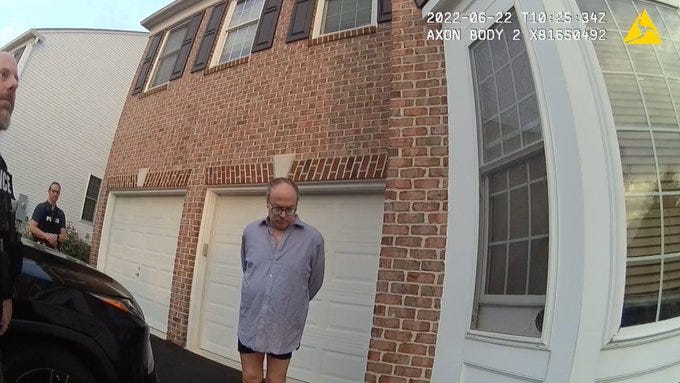Directed by Dorka Vermes, “Arni” is a Hungarian film that is, well, very Hungarian. A very down-at-heels circus arrives in a similarly bedraggled village. The title character is the outfit’s odd-jobs guy and whipping boy. Not just whipping boy; in one startling shot, we see him giving himself sexually to the circus’ fire-twirler. The entertainers have troubles, one being that their threadbare animal acts are going to pieces. This is a character study with nerve; its miserable people aren’t conventionally attractive, but they’re depicted with both raw candor and compassion. Arni eventually gets some status by working with a fearsome-looking python picked up by the troupe. A friend told me they literally couldn’t watch the film because they’re that snake-averse. Too bad, it’s well worth seeing.
At the panel, we spoke of the films and the distribution hurdles they faced. I got myself into a bit of a lather, recalling my pronouncement all the way back in 2015 that streaming services would open exciting new channels for cinematic art. The business practices of most of them since then, especially in view of the WGA and SAG strikes, now show these entities for what they are, which is actively anti-art. We learned a good deal from the filmmakers themselves. “Lumbrensueño” co-director José Pablo Escamilla, who goes by “JP,” described how he built his film around seemingly disparate ideas he directed in a notebook. Dorka Vermes shared her surprise during the editing process of “Arni,” putting together a ten-minute opening sequence that she did not necessarily foresee would contain no dialogue. “Year of the Egg” director Claudio Casale envisioned a time, 100 years from now, when “we will have an entirely abstract language for film narrative.” They were commended by this critic for both their artistic nerve and their craft, while my colleague Mick LaSalle candidly bemoaned what he considered a lack of drama in the films. It was a lively session, to be sure. I hope you get to see these films.
I saw a total of 20 films at this festival—more than I’m usually able to for some reason. Some that I was impressed by were Bertrand Bonello’s inventive, disturbing “The Beast”; a director’s cut of Arturo Ripstein’s 1996 “Deep Crimson,” a literally jaw-dropping treatment of the real-life criminals who also inspired “The Honeymoon Killers”; “Frank Capra: Mr. America,” a cogent and moving documentary on the “It Happened One Night” director, enlivened by an expert group of interviewers including my great friend Farran Smith Nehme; and Richard Linklater’s “Hit Man,” NOT a movie about a paid assassin, but a comedy/thriller that’s in equal parts charming, nerve-wracking, and ethically challenging. And oh—Woody Allen’s “Coup de Chance” is a tight and effective French-language thriller that is also, among other things, the world’s longest mother-in-law joke. It’s been quite some time since Allen made a picture this good, and for taking the trouble of pointing this out, I’ve gotten pictures of Jeffrey Epstein in my social media feed. But as Allen himself would say, given the ultimate point of this film, that’s life.
























































![Social Media Spring Cleaning [Infographic] Social Media Spring Cleaning [Infographic]](https://imgproxy.divecdn.com/9e7sW3TubFHM00yvXe5zvvbhAVriJiGqS8xmVFLPC6s/g:ce/rs:fit:770:435/Z3M6Ly9kaXZlc2l0ZS1zdG9yYWdlL2RpdmVpbWFnZS9zb2NpYWxfc3ByaW5nX2NsZWFuaW5nMi5wbmc=.webp)
![5 Ways to Improve Your LinkedIn Marketing Efforts in 2025 [Infographic] 5 Ways to Improve Your LinkedIn Marketing Efforts in 2025 [Infographic]](https://imgproxy.divecdn.com/Hv-m77iIkXSAtB3IEwA3XAuouMwkZApIeDGDnLy5Yhs/g:ce/rs:fit:770:435/Z3M6Ly9kaXZlc2l0ZS1zdG9yYWdlL2RpdmVpbWFnZS9saW5rZWRpbl9zdHJhdGVneV9pbmZvMi5wbmc=.webp)














